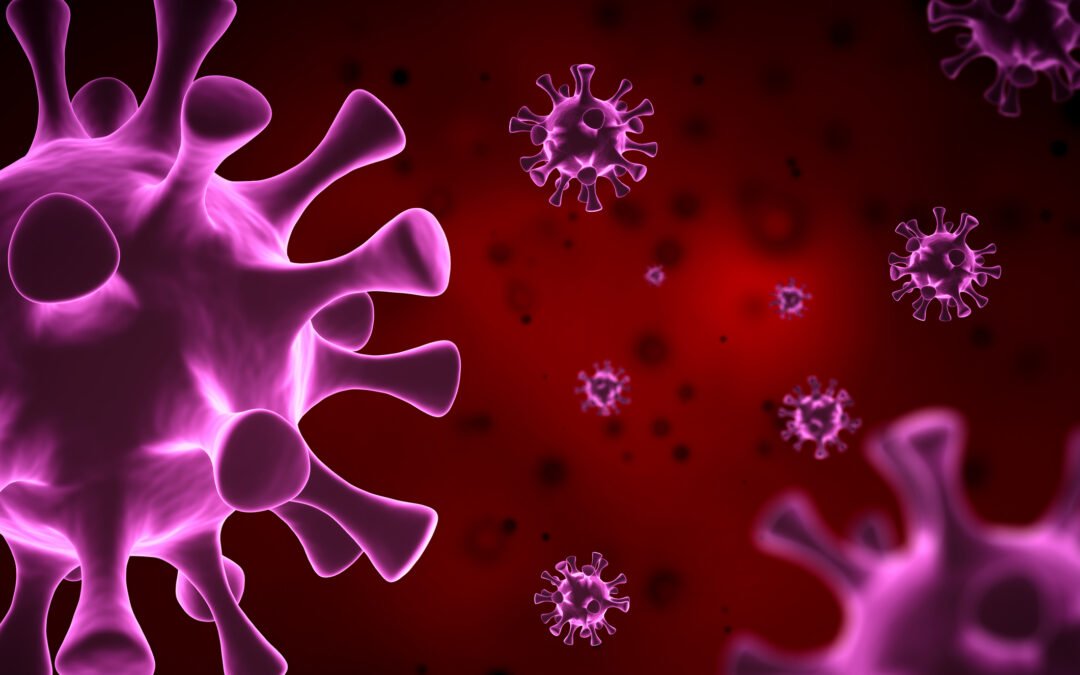This syndrome, otherwise known as Long Haul COVID or post-COVID, refers to persistent or emerging symptoms following an acute COVID-19 infection. It is a complex and often debilitating disorder that can affect many systems of the body. More than 200 symptoms have been identified with impacts on multiple organ systems.
The World Health Organization (WHO) defines the syndrome as symptoms that persist or return three months after infection with SARS-CoV-2 (COVID-19). The symptoms can last up to a year or longer and include fatigue, shortness of breath, and cognitive problems (thinking and memory). Symptoms may come and go and impact everyday function. The syndrome is considered “long” when it can’t be explained by another health problem.
At least 65 million individuals worldwide are estimated to have this syndrome, with cases increasing. Research has made substantial progress in identifying risk factors and in characterizing the syndrome. This condition shares similarities with other viral-onset illnesses such as myalgic encephalomyelitis/chronic fatigue syndrome (ME/CFS) and postural orthostatic tachycardia syndrome (POTS). This syndrome is associated with all ages with the highest percentage between the ages of 36 and 50 years. It occurs mostly in non-hospitalized patients who experienced mild acute COVID-19 illness.
Symptoms
Neurological and cognitive symptoms are a major feature. These include memory loss, cognitive impairment, dizziness, balance issues, sensitivity to light and noise, loss of smell or taste, and dysfunction that impacts daily activities. Symptoms can also include tinnitus, hearing loss, and vertigo. Some research shows that people with post-COVID who had mild acute COVID-19 also had immune dysfunction including exhausted T cells.
Yet, despite living with many life-altering symptoms for months, some people are not able to convince their doctors that they have persistent COVID, especially if they never received a positive COVID-19 test result. Science needs more targeted research to fully understand this syndrome.
Sanoviv Offers Treatment
In the meantime, Sanoviv has created a Long COVID treatment program based on the principles of Functional and Integrative Medicine and current research. The goal is to help with proper diagnosis, treatment, and personalized interventions aimed at optimizing affected systems. This two-week program focuses on underlying causes such as inflammatory conditions, micronutrient deficiencies, structural, environmental, psychological, and lifestyle. Contact Sanoviv admissions to learn more.

